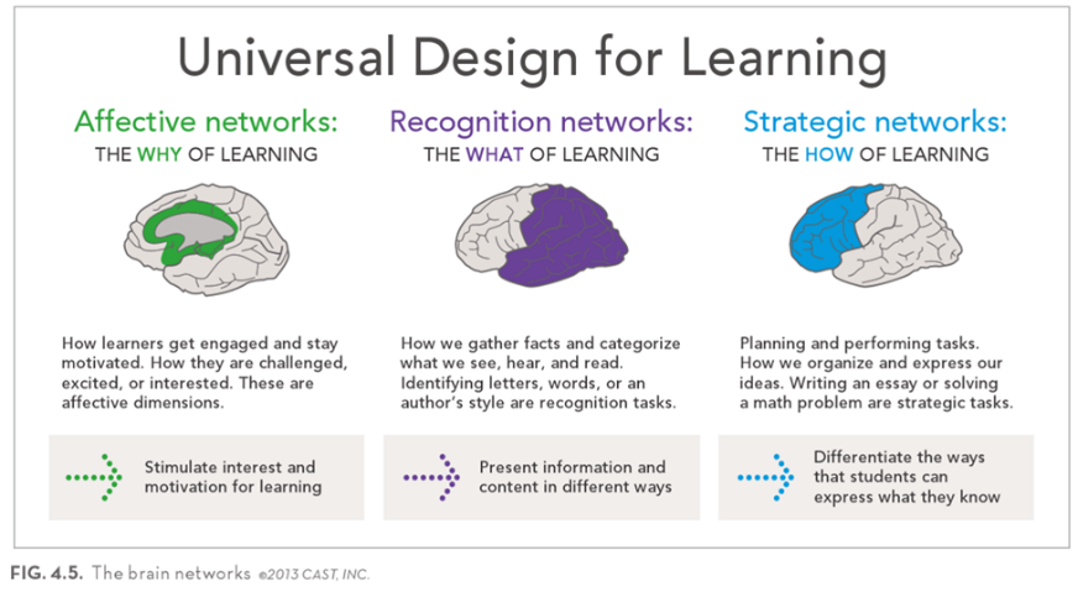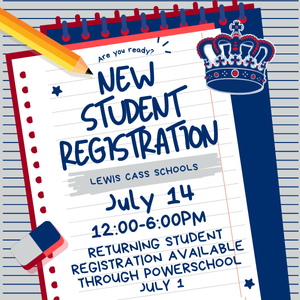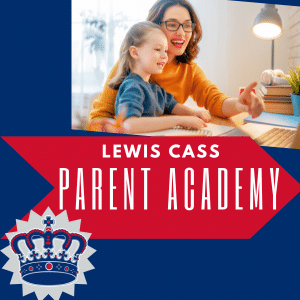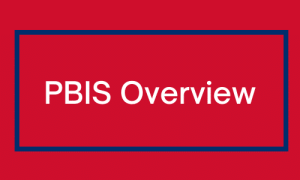UNIVERSAL DESIGN FOR LEARNING

What is UDL?
Universal Design for Learning (UDL) is a research-based framework designed to make education more accessible and effective for all students. It focuses on creating flexible learning environments that proactively meet the diverse needs of learners. Here are the key points:
- Inclusive Approach: UDL assumes that barriers to learning exist in the design of the environment, not in the student. By addressing these barriers upfront, we can create an inclusive learning experience.
- Brain Science and Evidence-Based Practices: UDL is grounded in brain science and evidence-based educational practices. It leverages our understanding of how students learn best and adapts instruction accordingly.
- Digital Technology: UDL harnesses the power of digital technology to enhance learning experiences. It encourages the use of digital tools and resources to support diverse learners.
Benefits of UDL
- Personalization: UDL allows educators to tailor instruction to individual student needs. By providing multiple means of representation, engagement, and expression, we empower students to learn in ways that work best for them.
- Reduced Barriers: UDL minimizes barriers to learning. Whether a student has a learning disability, speaks a different language, or has unique learning preferences, UDL ensures that everyone can access the curriculum.
- High Expectations: UDL maintains high achievement standards for all students. It doesn’t lower expectations; instead, it provides the necessary supports to help students meet those expectations.




